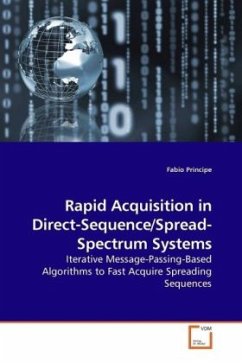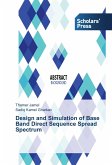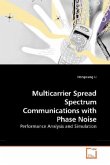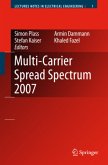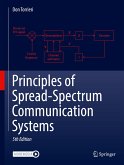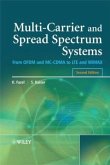This book tackles the issue of the rapid acquisition of spreading codes in Direct-Sequence/Spread-Spectrum systems. In particular, a new algorithm is proposed that exploits the experience of the iterative decoding of modern codes to detect these sequences. This new method is a Message-Passing-based algorithm. Specifically, instead of correlating the received signal with local replicas of the transmitted Linear-Feedback-Shift-Register sequence, an iterative Message-Passing (MP) algorithm is implemented to be run on a loopy graph. Thus, this work is an analysis of the detection technique based on MP algorithms to acquire m-Sequences and Gold codes. In detail, an unified treatment to design and implement a specific set of graphical models for these codes is reported. A theoretical study on the acquisition time performance and the comparison to the standard algorithms is done. A preliminary architectural design is also provided. Finally, the analysis is also enriched by comparing this new technique to the standard algorithms in terms of computational complexity and (missed/wrong/correct) acquisition probabilities as derived by simulations.
Bitte wählen Sie Ihr Anliegen aus.
Rechnungen
Retourenschein anfordern
Bestellstatus
Storno

